3 ★
/uploads/school/aaverified-seal3.png)
Solaris Kids Preschool and Day Care, Science city, Ahmedabad
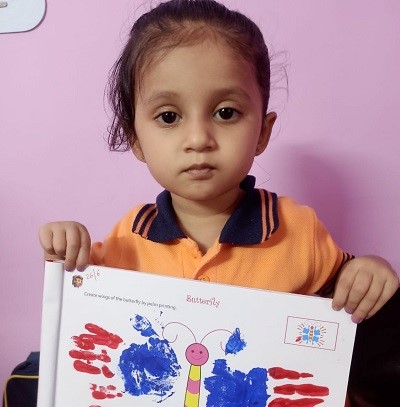
Early experiences in the first few years of life are critical for the acquisition of skills as maximum brain development happens during this period. The objective of the program is to train parents to help them foster their child’s development by learning and practicing child development through a scientific approach.
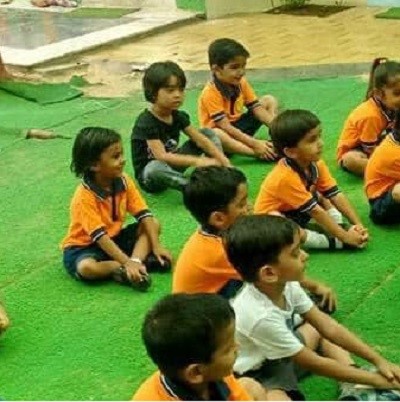
Children start to explore the world around them as soon as they are born. Quality education in the early years of preschool sets a firm foundation in the overall development of a child.nursery curriculum provides a right array of activities to help children move towards achieving their early learning goals. In Nursery, children are engaged in school readiness activities such as reading, writing, counting, number recognition and problem-solving in a fun-filled but purposeful manner. Children are encouraged to corroborate their learning through collaborative activities in the areas of dramatics, science, and arts.
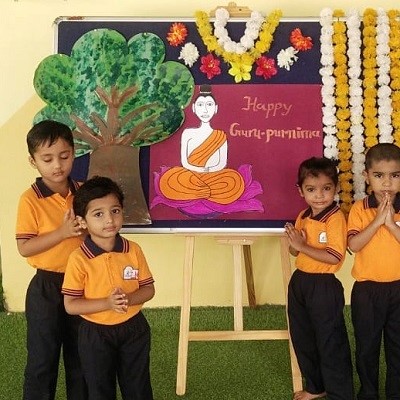
The transition from preschool to primary school is a crucial time of change for both children as well as their parents. The L.K.G curriculum ensures a smooth transition to formal schooling with meaningful and progressive learning experiences.Through these activities, children learn the alphabet and letter sounds, numbers and simple math and master early writing skills.
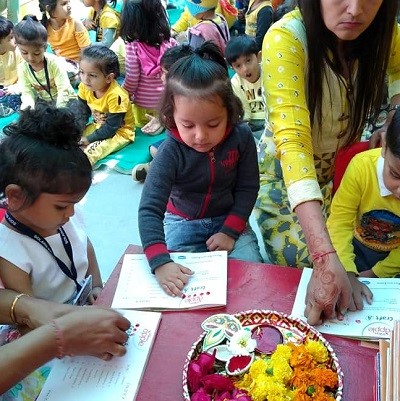
The age for getting admitted to this program is 4 ½ years. The aim of the Senior KG program is to provide a strong foundation from which students can grow to become active participants in life-long learning.
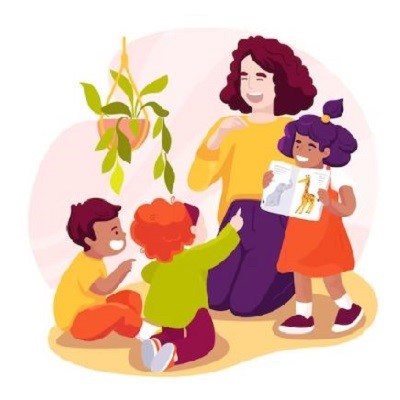
A preschool with a loving and caring staff embodies a sanctuary where children's emotional, social, and intellectual growth flourishes. In this nurturing environment, teachers not only educate but also empathize, fostering deep connections with each child. They offer gentle guidance, listening attentively to concerns, joys, and discoveries, validating each child's experiences. Through their warmth and patience, they create a safe haven where children feel valued, respected, and understood. These educators prioritize kindness, modeling empathy and compassion in their interactions, instilling in children the foundations of empathy and understanding. With their unwavering support, the staff cultivates a sense of belonging, encouraging children to explore, learn, and thrive in an atmosphere of love and care.
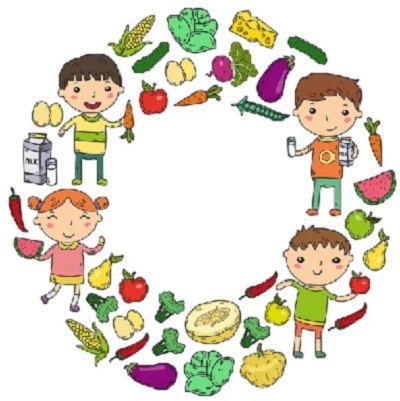
A nutritious meal provided by the school is not just sustenance but a cornerstone of a child's health and development. It embodies the school's commitment to the well-being of its students, ensuring they have access to balanced and wholesome food options. Each meal is thoughtfully crafted to meet nutritional guidelines, incorporating a variety of fruits, vegetables, whole grains, and lean proteins. By offering nourishing options, the school cultivates healthy eating habits and provides students with the energy and nutrients they need to thrive academically and physically. Moreover, these meals promote equity, ensuring that all students, regardless of their socio-economic background, have access to nutritious food that supports their overall growth and learning. Through the provision of nutritious meals, the school not only nourishes the body but also fosters a culture of health and well-being among its students, laying the foundation for lifelong habits of wellness.
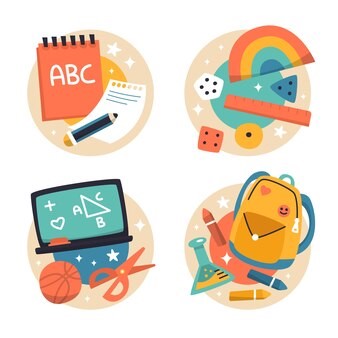
Safe learning materials in preschool are essential components that ensure children's physical well-being while they explore, play, and learn. From age-appropriate toys to sturdy furniture and non-toxic art supplies, these materials are carefully selected to minimize risks and hazards. The preschool environment prioritizes safety standards, with regular inspections and maintenance protocols in place to ensure that all learning materials meet safety regulations. Soft, rounded edges on furniture, non-chokable toys, and child-proofed cabinets are just a few examples of the precautions taken to create a secure learning space. By providing safe learning materials, preschools not only protect children from harm but also foster an environment where children can confidently engage in hands-on exploration and discovery, facilitating their cognitive, social, and emotional development.
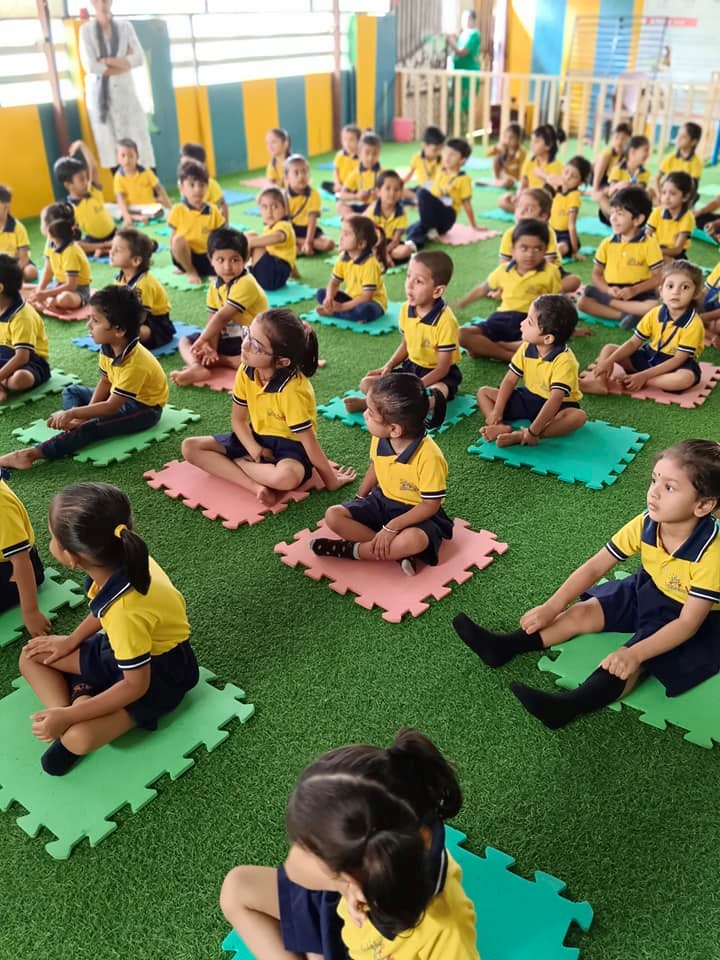
/filters:format(webp)/fit-in/300x300/uploads/albums/temp-1736153224134_202501060847142354.jpeg)
/filters:format(webp)/fit-in/300x300/uploads/albums/temp-1731571011096_202411140756593210.jpeg)